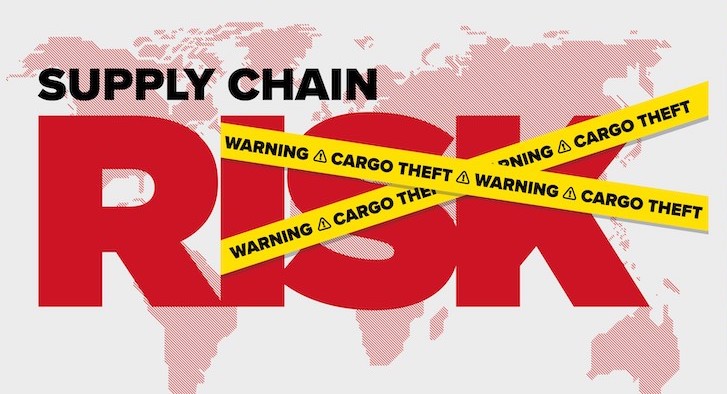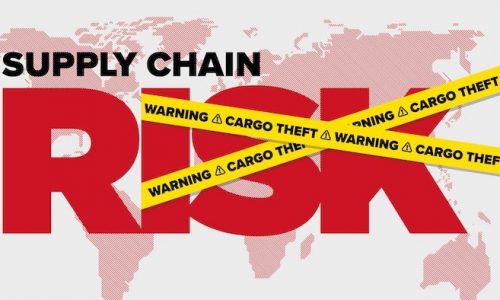
The resilience of global supply chains in the ‘new normal’ post-coronavirus world will lead to a wider adoption of industry standards which secure the movements of goods by all transport modes
The Transported Asset Protection Association (TAPA) has launched the latest 2020 revisions of its Facility Security Requirements (FSR) and Trucking Security Requirements (TSR) in Europe, the Middle East and Africa.
The launch comes as a study of over 1,800 supply chain professionals by International Data Corporation (IDC), a global provider of market intelligence, identified supply chain resilience and agility will be the biggest priority for 48% of senior managers in the next 12 months.

Thorsten Neumann, president and CEO of TAPA EMEA, stated: “TAPA has been delivering supply chain industry standards for over 20 years but these new and improved revisions of our Standards could not be coming at a better time for Manufacturers and Logistics Service Providers which are looking to enhance the end-to-end resilience of their supply chains.
“Our FSR and TSR certifications in the EMEA region already stand at their highest-ever level and we expect the growing need for certainty in supply chains to accelerate this growth in the next 12 months and beyond.”
Revised every three years, TAPA’s Security Standards are designed ‘by the industry, for the industry’ and play an important role in the risk management and loss prevention programmes of the Association’s global members.
The 2020 versions of FSR and TSR include new additions designed to better support supply chain resilience and produce cost efficiencies for companies adopting the Standards across their operations.
These include a new FSR Multi-site option and a Modular approach for TSR to protect supply chains using vans, hard-sided trailers, soft-sided trailers and transporting ocean containers by road. TSR 2020 also provides optional additions covering monitoring, rail transfer/tracking, locking, information security, and security escorts.
As a security expert network for everyone in the supply chain, TAPA has ensured its new Standards support users’ compliance with other regulatory standards, such as C-TPAT, AEO and PIP, as some customs and border authorities recognise the TAPA requirements as complementing, or being compliant with, their own security programmes.
Neumann added: “COVID-19 has brought international awareness to the need for more resilient supply chains and ‘delivering as promised’ will be a pivotal factor in the recoveries of all companies involved in the production and transportation of goods.
“It is, therefore, more important than ever to avoid unwanted disruption in any form. We are confident our new 2020 Standards will help more companies than ever before to build customer confidence in their supply chain capabilities.”

